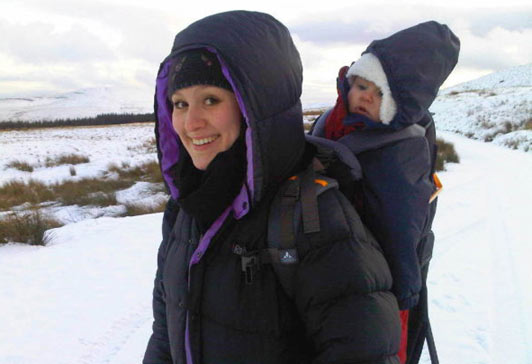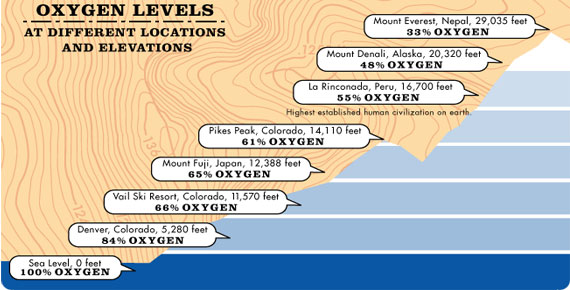Developmental Delay Alert: Is Mountain Living Dangerous To Your Baby’s Brain?
For children who are born and live in high altitude regions, researchers have discovered a link between extreme altitudes and developmental delays. This may lead to an increased need for speech therapy techniques and practitioners in the affected areas. The study, by Dr. George Wehby, Professor of Health Management and Policy at University of Ohio, analyzed the developmental health of over 2,100 South American children looking for neurodevelopmental issues. The findings were staggering.
The study was conducted in South America in countries where altitudes are among the highest in the world. Their research found that for every 100 meter (328 feet) increase in altitude, children were 2% more likely to suffer developmental delays. The results showed that children born and living at altitudes above 8,530 feet were twice as likely to experience learning problems as those living at 2,625 feet and below.
Research
Wehby studied children living in Bolivia, Argentina, Chile, Ecuador and Brazil. Bolivia is above the 8,530 feet threshold, Ecuador has mixed altitudes and the other nations were all lower altitude. But what does this mean for parents here in the states? Would a study in higher altitude cities in the US yield similar results?
The higher the elevation, the less oxygen there is available to breathe. If you’ve ever moved from a low altitude to high altitude area, you may have found yourself short of breath until you acclimated. I moved from Atlanta to Denver. I was a regular jogger in the Deep South, but passed out cold the first time I went for a run in the mile high city. I lived there for ten months and eventually learned to take it one breath at a time, but I never acclimated to the point where I could run without rapidly winding.
Results
The researchers concluded that at lower oxygenation levels, blood flow to the fetus may be compromised which could hamper proper growth of the developing brain in utero. The study threshold, 2,625 feet, is half the altitude of Denver. Albuquerque is higher still and mountainous states California, Colorado, Nevada and Utah have altitudes well above the limit the study showed impact on brain development.
Of course there are a number of other factors that contribute to fetal health and development including proper nutrition for the mother, quality pre-natal care and appropriate screenings to ensure children are progressing and meeting normal developmental milestones.
Thoughts
Still, it gives you pause, doesn’t it? While in Denver, I married my husband and became pregnant with my first child. We lived there until I was four months pregnant. My son has textbook ADHD and mild speech impairment. My second son, gestated back in the Deep South, has neither of these issues. My little family is not statistically significant, but this study certainly has me wondering.
20% of children aged three months to two years are considered high risk for developmental delays. For those children born and raised in cities 8,530 feet of altitude and higher, that percentage jumps to 33% according to this study.
Recommendations
While this research may be discouraging to those dwelling in higher altitude climes, awareness is always critical. I wonder whether oxygen treatments are an option for gestating mothers to increase fetal access to this key nutrient. If you live in a high altitude area and are pregnant or considering getting pregnant, this could be an important topic of conversation with your physician.
And if you already have children, maintaining regular well-child examinations is now even more important to ensure your child is on-track developmentally. If your child is believed to be at high risk for developmental delays, early intervention can be critical in addressing any issues uncovered.





